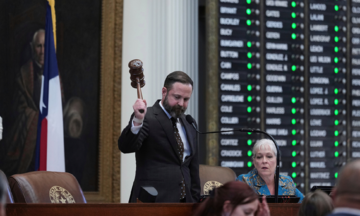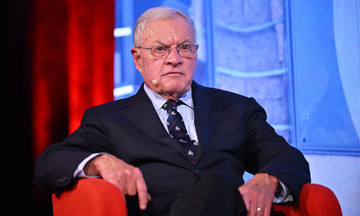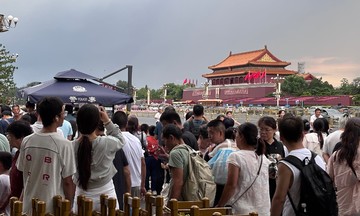Regional media outlets, citing unnamed sources, reported over the weekend that Israel and Syria are negotiating a peace agreement to normalize relations, modeled after the 2020 Abraham Accords brokered by the United States.
According to Lebanon's LBCI, Syria is requesting Israel's recognition of its new government under interim President Ahmad al-Sharaa and the withdrawal of Israeli forces from areas occupied in southern Syria since 8/12/2024, including the strategically important Mount Hermon in the Golan Heights.
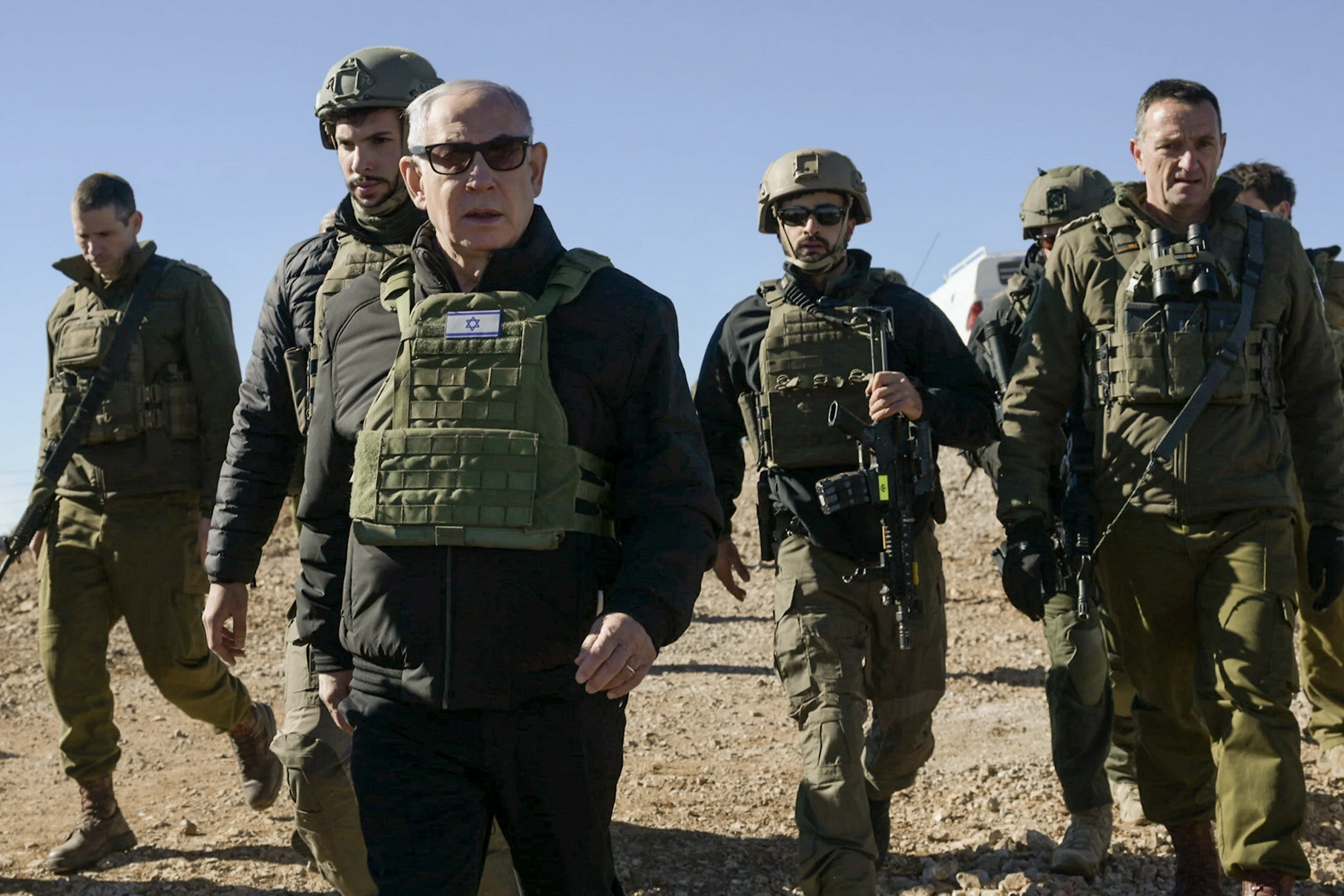 |
Israeli Prime Minister Benjamin Netanyahu visits Mount Hermon in the Golan Heights on 17/12/2024. Photo: GPO |
Israeli Prime Minister Benjamin Netanyahu visits Mount Hermon in the Golan Heights on 17/12/2024. Photo: GPO
In return, Syria would not demand the return of the Golan Heights, territory occupied by Israel since 1967. This demand, previously a sticking point in negotiations, has been dropped by the Sharaa government, which also supports the US as a guarantor of the peace agreement.
Israel's i24 news channel, citing Syrian sources, reported that a peace agreement could be signed before the end of this year.
On 29/6, during questioning by judges in Prime Minister Benjamin Netanyahu's corruption trial, top Israeli security officials requested a postponement, citing the potential for a "game-changing opportunity in the Middle East and an expansion of the circle of peace to include Syria," according to Kan public broadcaster. The 10-minute questioning convinced the judges to grant the postponement. Sources revealed that among those present were Major General Shlomi Binder, head of Aman (Military Intelligence Directorate), and Mossad Director David Barnea.
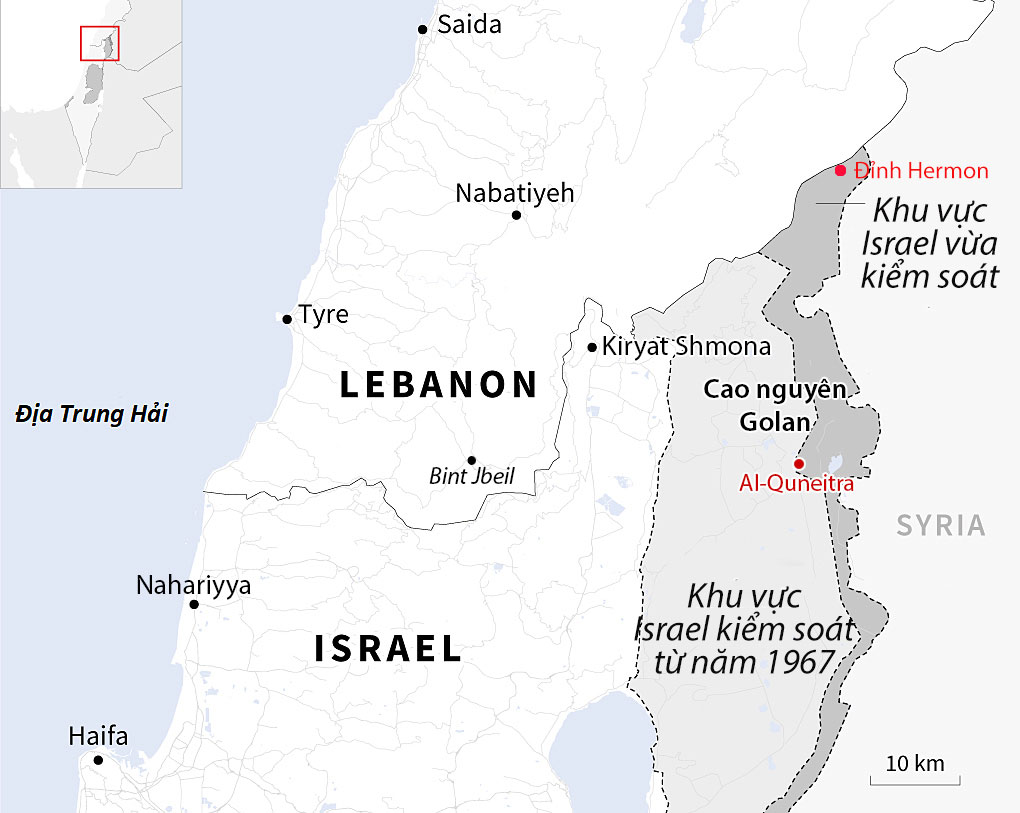 |
Location of Mount Hermon in the Golan Heights. Graphic: AFP |
Location of Mount Hermon in the Golan Heights. Graphic: AFP
On 30/6, Ynet quoted an unnamed senior Syrian official confirming that the two sides are close to a historic peace deal, which includes a "phased withdrawal" of Israeli troops. The official stated the agreement would "fully normalize relations" and proposed transforming the Golan Heights into a "peace park" for joint economic projects.
While the Syrian Foreign Ministry has not commented, sources from both countries indicate active and positive negotiations.
In a closed-door session of the Knesset’s Foreign Affairs and Defense Committee this month, Israeli National Security Adviser Tzachi Hanegbi confirmed direct communication with Damascus, replacing previous indirect channels. He hinted that both Lebanon and Syria are potential candidates for normalization, following the Abraham Accords model.
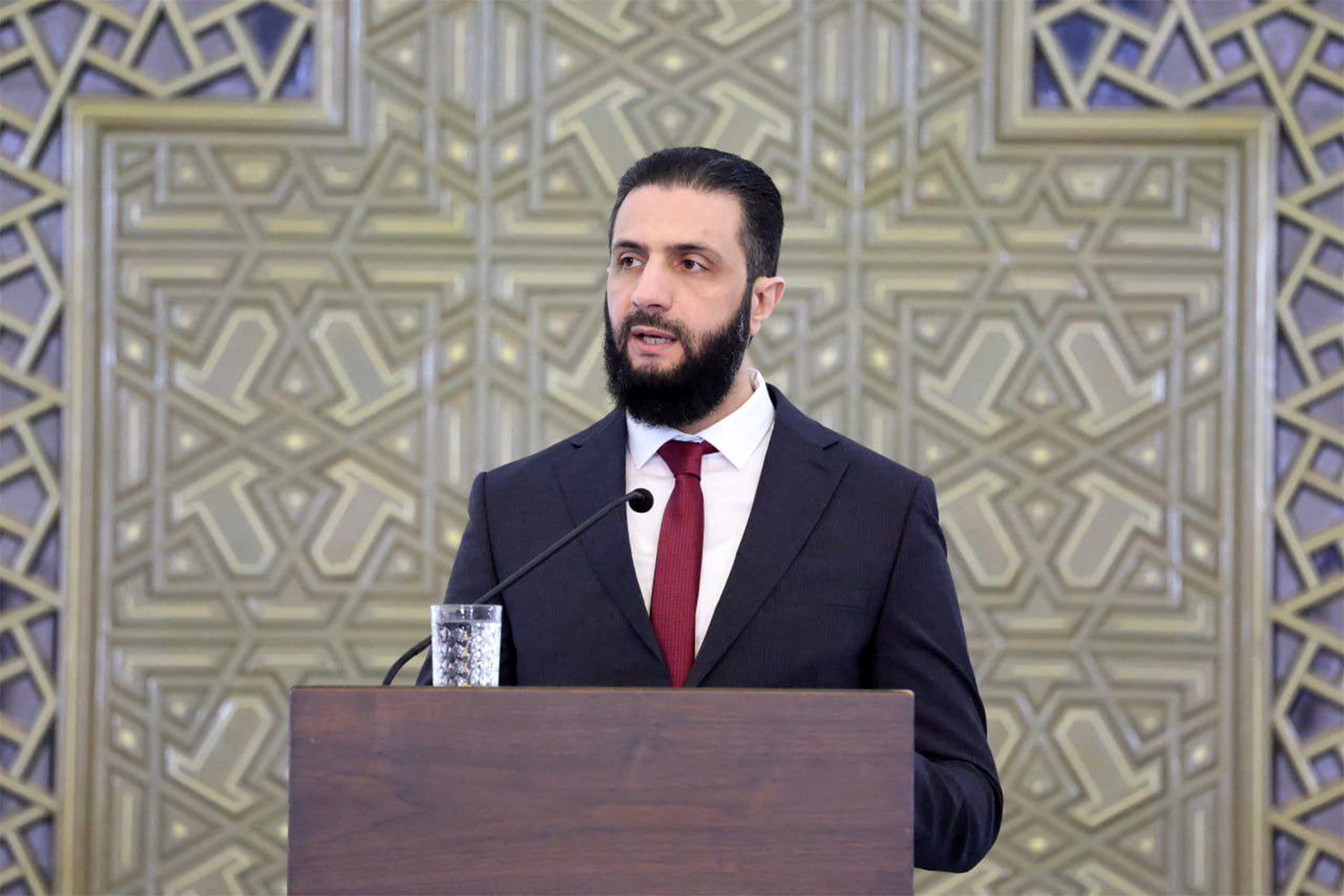 |
Interim Syrian President Ahmed al-Sharaa speaks in Damascus on 25/2. Photo: AFP |
Interim Syrian President Ahmed al-Sharaa speaks in Damascus on 25/2. Photo: AFP
The conflict between Israel and Syria, which began in 1948, escalated during the 1967 and 1973 wars. Israel has held about 1,200 sq km of the Golan Heights since the Six-Day War in 1967 and unilaterally annexed the area, a move not recognized internationally. The Golan Heights has long been a regional geopolitical flashpoint due to its strategic military significance and water resources.
According to Damascus-based strategic researcher Kamal Jbeili, interim President Sharaa may be seeking to end Syria's political and economic isolation. Normalizing relations with Israel could be a strategic move to improve Syria's economy and internal security, provided Damascus maintains its sovereignty.
Iran expert Mostafa al-Nuaimi suggests Syria is distancing itself from Tehran's influence, following its decision not to retaliate against recent Israeli attacks targeting Iran. "Syrian leaders are trying to position the country neutrally and consolidate internal stability. This doesn't signify conceding to Israel but rather avoiding unnecessary direct confrontation," al-Nuaimi said.
Political analyst Rola Abdullah notes that peace talks with Israel are a divisive issue in Syria. However, direct negotiations could lead to a policy breakthrough for Damascus if President al-Sharaa can reclaim territories occupied by Israel since last year and maintain national pride. "Syria's open dialogue with Israel, regardless of the outcome, signals a shift from military to political conflict. The Syrian people will need a transparent agreement," she said.
Thanh Danh (YNet, Times of Israel, Axios, Arutz Sheva, Press TV)




